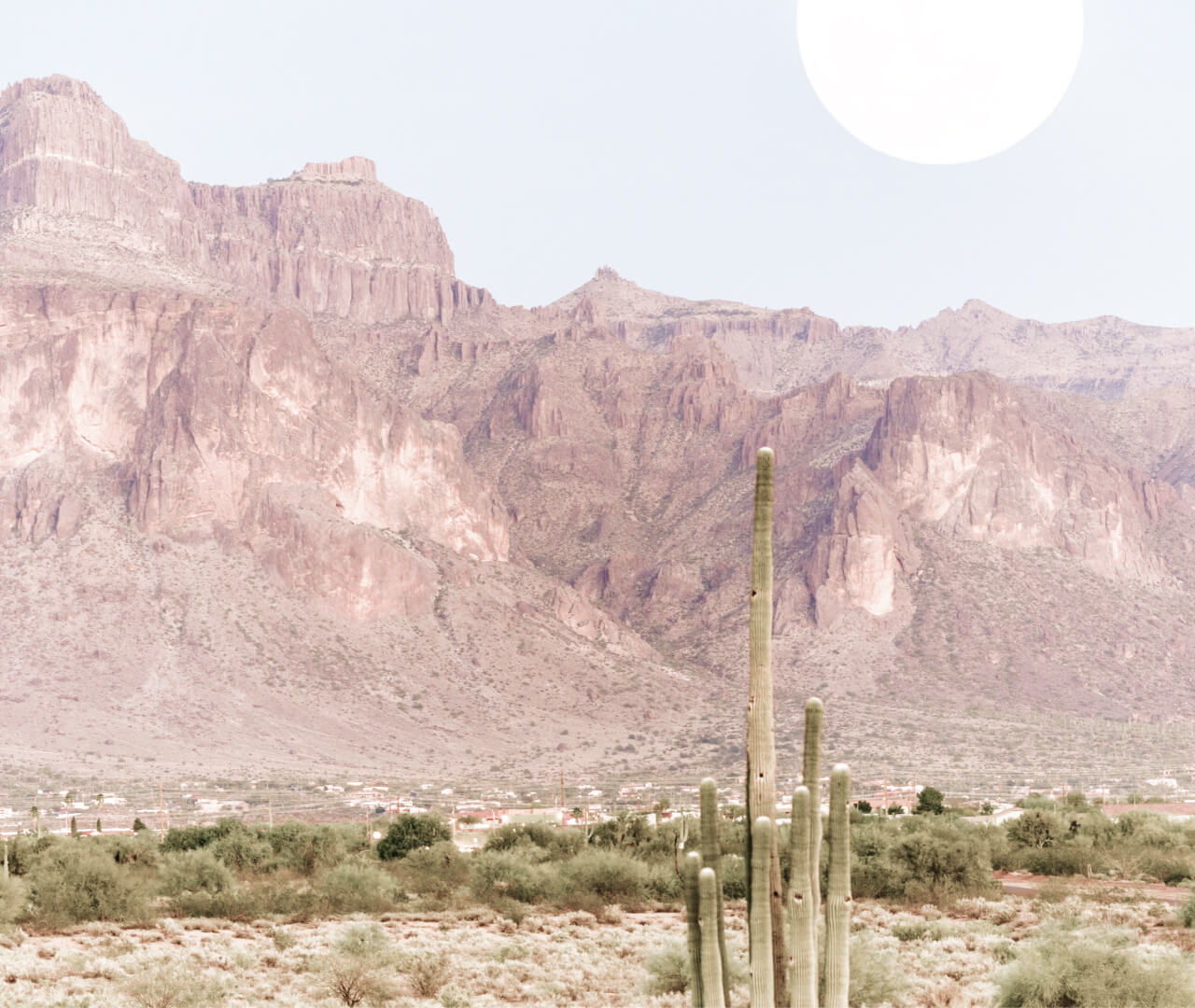
Wealth Distribution
What is it?
’Wealth distribution is the way in which the wealth and income of a nation are divided among its population, or the way in which the wealth and income of the world are divided among nations.’ (Britannica, n.d, para 1)

Survey results
In my survey, there were 21 respondents, with the age ranging from under 13 to over 40. The majority of survey participants were in the age bracket of 14-18, and 19 participants currently hold a job, with three being unemployed.
One question in the survey was “According to the Credit Suisse Global Wealth Report in 2019, the richest 1% own 44% of the world's wealth. What are your thoughts on this?”. The responses varied, with some participants unsure of their opinions on this, and others stating they believe it is extremely unfair and unethical. I think some people’s responses could be due to lack of education on this topic, as it is not something taught in schools. The responses were very mixed, and an individual's knowledge on the topic could be seen through their response. For example, one respondent stated “It is a true injustice and a sign of the dark future of the economy, and world in general. There is no solution but to move beyond the traditional economy”. This response shows an in-depth understanding of the topic, whereas the response of “idk” or “not sure” shows a lack of education. This is why this is an important topic to study and teach schools, as it provides students with a greater outlook on the world, and how the system we are living in may not be the most efficient. Instead, people defend billionaires without even being sure of what exactly they do with their money, and not benefiting from their money at all.
Another question was “define wealth distribution in your own words” (this question was only completed by those who said yes to having heard the term wealth distribution before). Whilst many had heard of the term before, they still either weren’t sure how to define it, or didn’t know what it meant. Some responses received were “sorry, i have no idea!” And “i've heard of it but not too sure what it means”. This brings it back to my last point, of how we need more education on this topic, to inform others so they can form their own, more sophisticated opinions. Another response was “communism”, showing how misinformed some can be on this topic. Some have this preconceived notion that because someone is criticizing billionaires, or the economic system we live in they automatically want to be a ‘communist’ and cannot critique a society whilst living in it. Although I am not stating this is the respondents exact thoughts, as everyone’s opinions differ and cannot be put into a set category, many people truly do think in this way, which can be harmful as the entire point of living in a democracy is citizens can decide what isn’t working, and vote for change.
Many responses had a vague definition of wealth distribution, but almost no one had an exactly accurate response. One response was “distributing wealthy people's money” and whilst this is one aspect of wealth distribution, it is not the definition of the topic as a whole. One of the closest definitions was “how wealth within a society is distributed among its people”. This is closest top the Britannia definition of “the way in which the wealth and income of a nation are divided among its population, or the way in which the wealth and income of the world are divided among nations.” (Editors of encyclopedia, n.d, para1).

Are billionaires ethical?
When the top 1% can help solve world hunger, with less than ⅓ of their net worth, I do not believe there cannot be such a thing as an ethical billionaire.
Billionaires have all the means to set up quality welfare programs, to create better lives for those experiencing homelessness, poverty and food insecurity. Instead, they choose to tie their money up in big companies that exploit their workers. Some say that since they have their money in stocks it ‘doesn’t count’ and their billions ‘aren’t really theirs’. This is not the case, as billionaires could easily sell a fraction of their investments and use that money to create a better world. Instead they don’t because of their own selfishness.
Watch this video by Robert Reich to find out more on how unethical billionaires truly are.
Watch
Jeff Bezos
One of the most well-known billionaires is the owner of Amazon-Jeff Bezos.
Amazon was founded in Seattle by Jeff Bezos in 1994. Bezos created the store to exploit the loophole of not having to collect sales taxes when selling online. At the time, this was only required for physical stores.It has been calculated, and if Amazon were to have paid their taxes from the start, it would have paid a total of $20.4 billion in sales taxes from its founding until 2015.
Bezos is currently the richest man in the world. Despite this, Amazon has a history of underpaying and mistreating their employees. Amazon is the top employer of SNAP (supplemental nutrition assistance program aka food stamp) recipients in at least 5 US states and many employees have come out with stories of being dismissed when asked to take toilet breaks due to health concerns and when they do have designated breaks, many skip them due to fears of being fired from cameras that monitor productivity as it is extremely difficult to get from one side of the huge warehouse to another on time.
Another major issue with Amazon is their Chinese factories. These factories frequently take on temporary workers, who are hired from external agencies. These are known as ‘dispatch workers’. There is a law in China which states each workplace cannot have more than 10% of their workers be composed of these workers. Despite this, an investigation from the China Labour Watch discovere Chinese factories manufacturing Amazon electronics, had a workforce made up of over 40% of dispatch workers.
Dispatch workers were required to pay physical examination fees, take sick leave unpaid, receive no extra wages for overtime, receive no social insurance, and have no contributions made to their housing provident fund, even though all of this is legally required to be done by the company. Beyond this, often dispatch workers are sent on leave during the factory’s off season, often for months at a time with no payment.
Read the full report below
Read more
The Wealth Distribution Gap
According to the Credit Suisse Global Wealth Report in 2019, the richest 1% own 44% of the world's wealth. Their data also revealed adults with less than $10 000 in wealth makeup 56.5% of the world's population, yet hold less than 2% of global wealth.
This really displays the vast difference of wealth in the world.
So, how do we fix it?
One way is taxing the rich, particularly the top 1% At a much higher amount, and introduce regulations to make charities not tax deductible, so they cannot use it to avoid taxes. This money can be used for resources for those experiences homelessness, low income families, and those unable to gain employment. This could help close the wealth distribution gap, and allow many people to lead better lives.
Although we do not have the power to put this regulations in place, we do have local representatives that we can call and email to put the pressure on them to create change. The more people they get contacted by, the more inclined they are to actually do something.
Read more about wealth inequality in Australia below.
Read more
Bibliography
Agbonlahor, W. (2015) ‘Punishing the rich is not the answer to inequality, warns top economist’
The Guardian. Retrieved from [17/10]
https://www.theguardian.com/public-leaders-network/2015/jan/23/rich-inequality-economist-christopher-pissarides-davos
Au-Yeung, A. (2019) The Richest Person In The World Just Gave $98.5 Million To Help The Homeless’
Forbes. Retrieved from [21/10]
https://www.forbes.com/sites/angelauyeung/2019/11/22/the-richest-person-in-the-world-just-gave-985-million-to-help-the-homeless/#1ee6fbf85e4a
Barnes, L. (2018) ‘A large number of Amazon workers rely on food stamps for assistance’
ThinkProgress. Retrieved from [15/10]
https://thinkprogress.org/amazon-workers-rely-on-food-stamps-24ab86dd6495/
Britannica (2020) Distribution of wealth and income’
Britannica Retrieved from [17/10]
https://www.britannica.com/topic/distribution-of-wealth-and-income
Brown, H. (2018) ‘Amazon gets huge subsidies to provide good jobs—but it’s a top employer of SNAP recipients in at least five states’
The Counter. Retrieved from [23/10]
https://thecounter.org/amazon-snap-employees-five-states/
Clifford, C. (2019) ‘What billionaires said about wealth inequality and capitalism in 2019
CNBC. Retrieved from [15/10]
https://www.cnbc.com/2019/12/31/what-billionaires-said-about-wealth-inequality-and-capitalism-in-2019.html
Domingo, S. (2020) ‘There’s no such thing as an ethical billionaire’
The Collegian. Retrieved from [21st October]
https://collegian.csufresno.edu/2020/03/theres-no-such-thing-as-an-ethical-billionaire/
Holmes, A. (N.d) ‘some economic effects of inequality’
APH. Retrieved from [18/10]
https://www.aph.gov.au/About_Parliament/Parliamentary_Departments/Parliamentary_Library/pubs/BriefingBook44p/EconEffects
InequalityORG (2011-2020) Facts Global Inequality
InequalityORG. Retrieved from [16 October]
https://inequality.org/facts/global-inequality/
Liao, S. (2018) ‘Amazon warehouse workers skip bathroom breaks to keep their jobs, says report’
The Verge. Retrieved from [16/10]
https://www.theverge.com/2018/4/16/17243026/amazon-warehouse-jobs-worker-conditions-bathroom-breaks
Mahdawi, A. (2020) ‘Why would anyone argue against billionaires paying more tax? Just see Useful Idiot theory’
The Guardian. Retrieved from [13/10]
https://www.theguardian.com/commentisfree/2020/aug/11/why-would-anyone-argue-against-billionaires-paying-more-tax-just-see-useful-idiot-theory
Manjoo, F. (2019) ‘Abolish Billionaires’
NYtimes. Retrieved from [14/10]
https://www.nytimes.com/2019/02/06/opinion/abolish-billionaires-tax.html
Martin, F. (2017) ‘Explainer: why are donations to some charities tax-deductible?’
The Conversation. Retrieved from [20/10]
https://theconversation.com/explainer-why-are-donations-to-some-charities-tax-deductible-72968
Martinchek, L. (2019) ‘The Inherent Cruelty of a Billionaire Class.’
Medium. Retrieved from [22nd October]
https://medium.com/swlh/the-inherent-cruelty-of-a-billionaire-class-3cedb738c4db
Oxfam (1942-2020) ‘Inequality’
Oxfam. Retrieved from [15/10]
https://www.oxfam.org.au/what-we-do/inequality/
Piper, K. (2019) ‘The charitable deduction is mostly for the rich. A new study argues that’s by design.’
Vox. Retrieved from [15/10]
https://www.vox.com/future-perfect/2019/9/3/20840955/charitable-deduction-tax-rich-billionaire-philanthropy
Qiang, L. (2018) ‘An Investigating Report on Hengyang Foxconn’
China Labour Watch. Retrieved from [21/10]
http://www.chinalaborwatch.org/upfile/2018_01_12/20180610.pdf
Quigley, J. (2001) The Links Between Income Inequality, Housing Markets, and Homelessness in California’
Research Brief. Retrieved from [19/10]
https://www.ppic.org/content/pubs/rb/RB_1001JQRB.pdf
Rohner, U. (2019) ‘Global Wealth Report 2019’
Credit Suisse. Retrieved from [16/10]
https://www.credit-suisse.com/media/assets/corporate/docs/about-us/research/publications/global-wealth-report-2019-en.pdf
Talikder, E (2020) ‘Does ethical ‘Billionairism’ Exist?’
Science Survey. Retrieved from [21/10]
https://thesciencesurvey.com/editorial/2020/04/14/does-ethical-billionairism-exist/
Tang, M. (2015) ‘The impact of China's Housing Provident Fund on Homeownership and Housing Quality: Evidence from two surveys’
ResearchGate. Retrieved from [23/10]
https://www.researchgate.net/publication/281853209_The_impact_of_China's_Housing_Provident_Fund_on_Homeownership_and_Housing_Quality_Evidence_from_two_surveys
Thomas Peham (2014-2020) ‘We only need one Jeff Bezos to end world hunger.’
TOMPHM. Retrieved from [14/10]
https://thomas-peham.com/projects/world-hunger
Willow, F. (2019) ‘The Best Way To Save The Planet That No One Wants To Talk About: Make Billionaires Pay Their Taxes’
EthicalUnicorn. Retrieved from [18/10]
https://ethicalunicorn.com/2019/08/06/the-best-way-to-save-the-planet-that-no-one-wants-to-talk-about-make-billionaires-pay-their-taxes/
Willow, F. (2019) ‘The Ethical Issues With Amazon’
EthicalUnicorn. Retrieved from [24/10]
https://ethicalunicorn.com/2019/01/12/how-ethical-is-amazon/